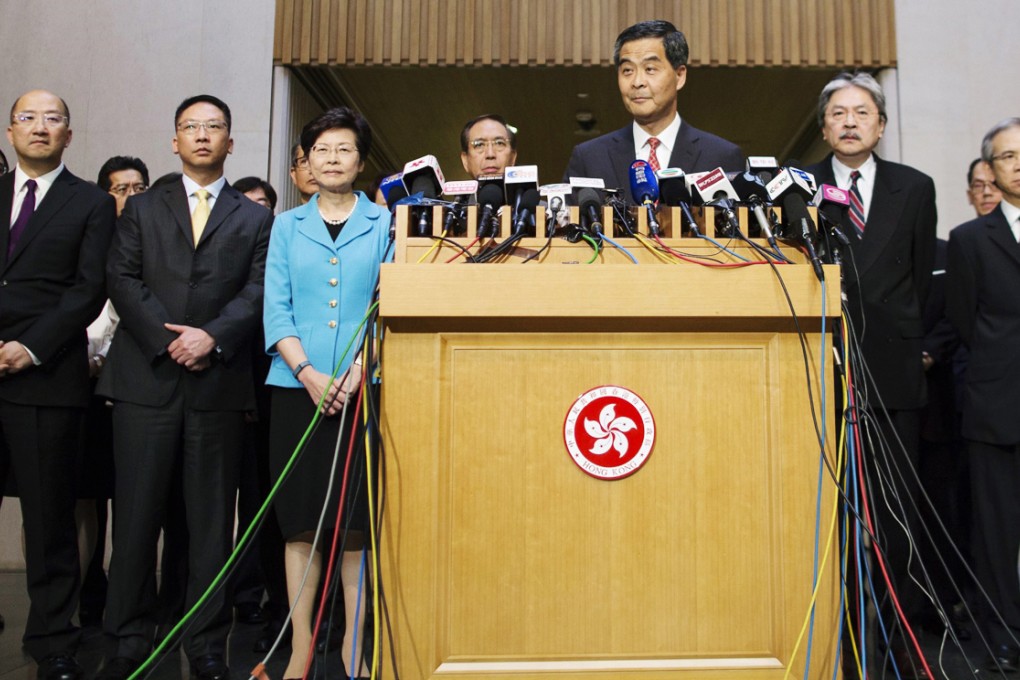Imperfect electoral model is still a step forward
In a controversial ruling delivered in Beijing on August 31, the National People's Congress Standing Committee set out a stringent framework for electing Hong Kong's chief executive in 2017.

In a controversial ruling delivered in Beijing yesterday, the National People's Congress Standing Committee set out a stringent framework for electing Hong Kong's chief executive in 2017. True, the arrangements are not as democratic as many would have liked. But the resolution made by the highest state organ is constitutionally binding on Hong Kong. For one person, one vote to be achieved, the city has no choice but to follow the rules. Imperfect as it is, the model is still a step forward. It is in the city's interest to adopt the change and strive for further improvements in future.
Those who have been fighting for free democratic elections are understandably outraged by the ruling, which mandates a nomination threshold of over 50 per cent from a committee that dovetails the existing 1,200-member panel to choose the chief executive. Pan-democrats branded the system as fake universal suffrage, saying it was designed to screen out hopefuls Beijing dislikes, and does not give voters a genuine free choice. But Beijing insists that the 2017 ballot has national security implications. The city, it says, cannot return a leader who works against the state or is open to foreign influence. Whether a pan-democrat chief executive would necessarily compromise national interest and security is open to debate. But Beijing thinks otherwise and insists on a zero-risk electoral model. It also stopped short of saying changes after 2017 were possible.
That a pan-democrat candidate will now have a slim chance to come forward may well be the case. Occupy Central is also likely to happen. The campaign seeks to push Beijing for democracy by threatening to paralyse the city's business district. But Beijing not only remains unyielding, it went further to cut short the tussle by imposing stringent rules for the city.
Opponents have vowed to push ahead with the civil disobedience movement. The likely confrontations do not bode well for the reform, which needs two-thirds support from the legislature. Despite suggestions that the committee is still open to fine-tuning, pan-democrats say compromise is impossible.
There are two choices - accept the model to achieve one person, one vote; or veto it and live with the old system. Idealists will opt for the latter, saying the rules fall short of international standards on democratic ballots. Pragmatists will opt for a step forward. The public can still voice their opinion in the second-stage consultation. Their views will have an impact on lawmakers' voting decision. On the road to democracy, progress is always preferable to a standstill.